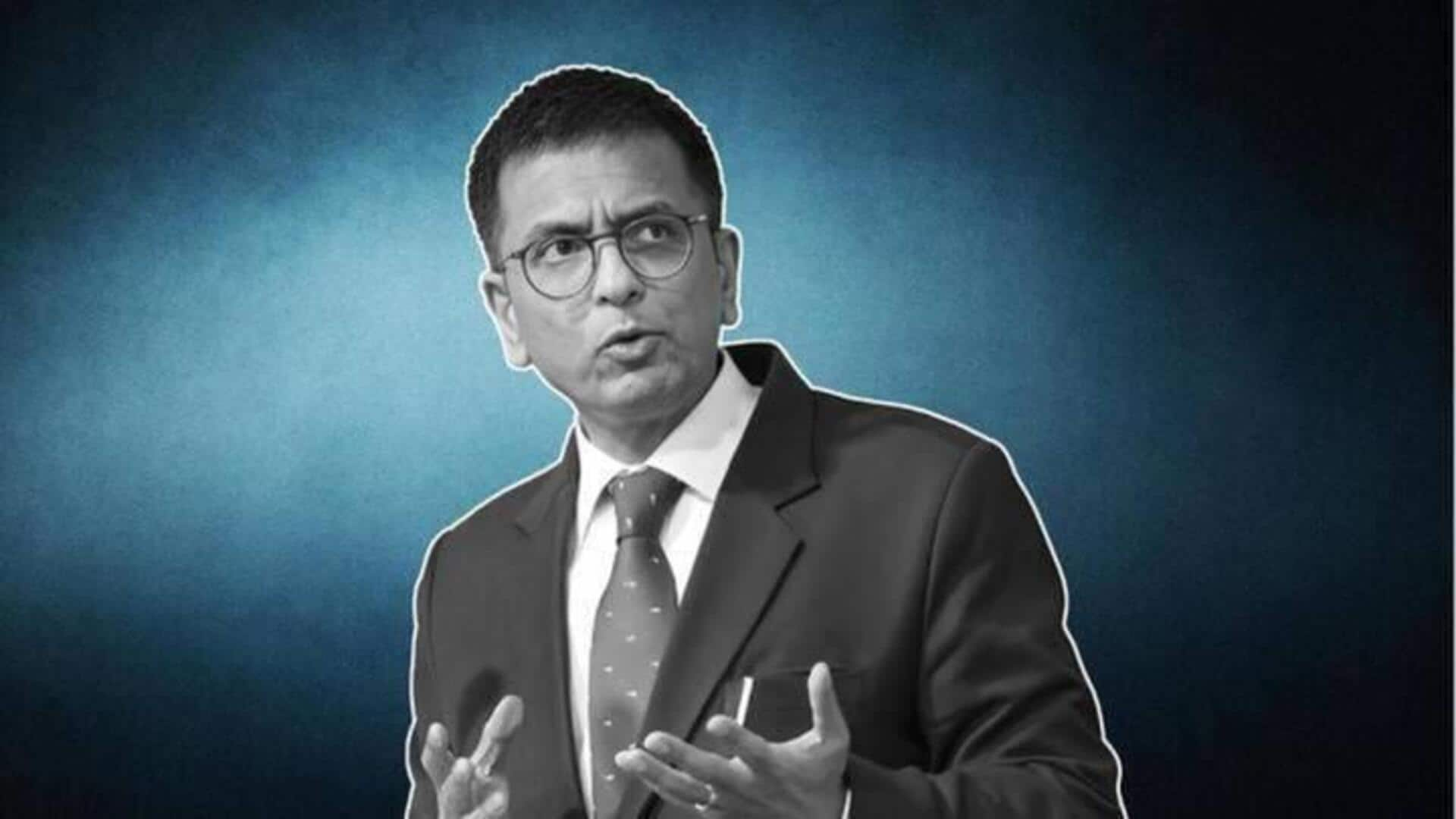
'Political pressure threat to judiciary': 600 lawyers write to CJI
What's the story
More than 600 lawyers have written a letter to Chief Justice of India (CJI) DY Chandrachud expressing their concerns about attempts by a certain group to manipulate the judiciary.
The lawyers condemned the "vested interest group" for attempting to manipulate judicial processes, influence court judgments, and damage the judiciary's reputation with false claims.
The letter was signed by prominent lawyers such as Harish Salve, Manan Kumar Mishra, Adish Agarwala, Chetan Mittal, Hitesh Jain, Ujjwala Pawar, Uday Holla, and Swaroopama Chaturvedi.
Context
Why does this story matter?
The letter was delivered in the wake of Delhi Chief Minister Arvind Kejriwal's arrest in an alleged money laundering case linked to the now-scrapped excise policy.
Following his arrest, the United States (US) and Germany called for a just and transparent legal process in the trial, which India condemned as interference in others's internal matters.
Diplomats of both countries had been summoned by India regarding the matter.
Assault on judiciary
Lawyers denounce 'bench fixing' and false narratives
In their letter, the legal professionals argue that the group's strategies are a direct attack on the courts' honor and dignity.
They accused the group of concocting theories like "bench fixing" and fabricating false narratives about an alleged "better past" or "golden period of the courts."
These statements, they believe, were intentionally made to influence court decisions and publicly shame the courts for specific "political gains."
Undermining judiciary
Lawyers highlight pressure tactics in politically charged cases
The letter also highlights the group's use of pressure tactics in politically sensitive cases, particularly those involving politicians accused of corruption.
The signatories suggest that some lawyers are damaging the judiciary by defending politicians during the day and attempting to influence judges through media at night.
They argue that these actions not only harm the courts but also pose a threat to India's democratic fabric.
Uncompromising stance
Lawyers criticize group's selective acceptance of court decisions
In addition, the lawyers expressed their dissatisfaction with the group's uncompromising "My way or the highway" approach.
They argue that this group praises any decision it agrees with while trashing, smearing, and disregarding any decision it disagrees with.
This selective acceptance has been evident in recent judgments as well, according to the letter.
"Staying silent or doing nothing could accidentally give more power to those who mean to do harm," the letter read.